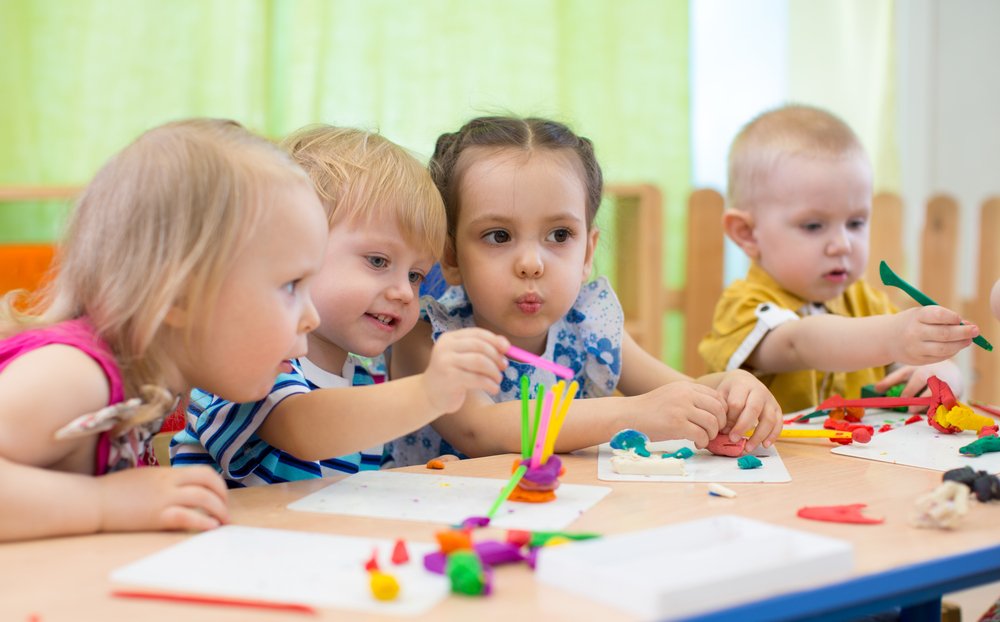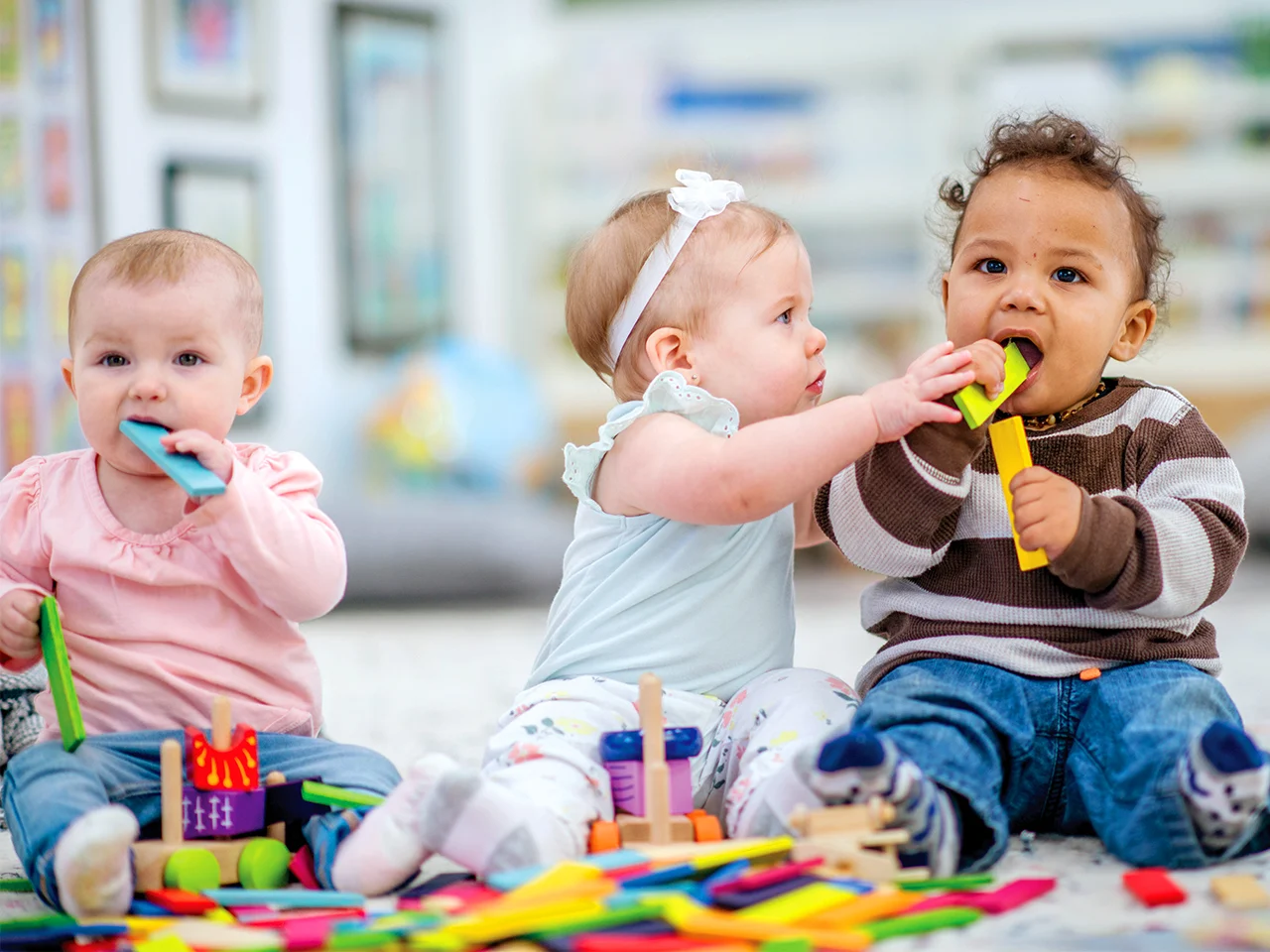Starting kindergarten is a big milestone, but it doesn’t have to be daunting. With the right preparation, your child can enter school confident and ready. Nexus Mag shares practical tips to teach essential skills, establish routines, and ease fears, ensuring a smooth transition. Help your child thrive in kindergarten!
Understanding Kindergarten Readiness
Every child develops at their own pace, so avoid pressuring them to meet rigid milestones. Instead, focus on fostering small, age-appropriate skills to build confidence. Preparation starts with understanding what kindergarten expects and tailoring support to your child’s needs.
Key Insight: Respecting your child’s readiness reduces stress and boosts their enthusiasm for school.
Essential Skills for Kindergarten
According to Stacy Kannenberg, author of *Let’s Get Ready for Kindergarten!*, children should master these basics before starting:
- Colors: Recognize red, orange, yellow, green, blue, and purple.
- Shapes: Identify circle, diamond, rectangle, triangle, oval, and square.
- Numbers: Count from 1 to 10 and recognize digits (e.g., 1, 3, 5).
- Letters: Identify basic letters (e.g., A, B, C in English or Persian equivalents).
- Coins: Understand basic currency (e.g., recognizing coins, not necessarily values).
- Concepts: Know up/down, clean/dirty, wet/dry, and body parts (e.g., hand, foot).
Tip: Turn learning into games—sing color songs, trace shapes, or count toys to make it fun.

Practical Tips to Prepare Your Child
These strategies help your child adjust to kindergarten’s structure and environment:
1. Visit the School
Familiarity reduces anxiety. Schedule a tour to explore classrooms, bathrooms, and playgrounds. Attend open houses to meet teachers and see the space.
Bonus: Drive by during recess to show kids playing, sparking excitement.
2. Stay Informed
Check school calendars for events, holidays, and policies. Knowing the schedule helps you prepare your child mentally.
Tip: Mark key dates (e.g., first day, parent nights) on a family calendar.
3. Establish a Bedtime Routine
Consistent sleep (8–10 hours) is crucial. Set a calming routine—bath, story, bed—at the same time nightly.
Example: Start a week before school to adjust their body clock.
4. Create a Morning Routine
A predictable morning sets a positive tone. Practice waking up, dressing, and eating breakfast on time.
Tip: Time tasks (e.g., 15 minutes for breakfast) to mimic school mornings.
5. Plan Meals
Align home meal times with school schedules (e.g., breakfast, lunch, snacks). Practice “family-style” dining, where kids serve themselves from shared dishes.
Skill: Teach using a spoon, fork, or cup, and cleaning plates independently.
6. Organize Before and After School
Plan drop-offs, pick-ups, or after-school care. Practice packing and unpacking a backpack daily.
Tip: Check homework and school notices every evening, as Kannenberg suggests.

Building Independence and Social Skills
Kindergarten requires kids to manage tasks and interact with peers. Focus on these areas:
Dressing Skills
Teach kids to put on jackets, tie shoes, and handle zippers. Turn it into a game—time how fast they dress!
Tip: Use toys with buttons or Velcro to practice fine motor skills.
Toilet Training
Most schools expect 4-year-olds to be partially trained. Start at age 2–3 when kids show interest (e.g., staying dry for 2 hours).
Tools: Use a child-sized potty or toilet seat adapter, plus a step stool for handwashing.
Practice: Schedule bathroom breaks 30 minutes after meals and reward success with stickers.
Independent Play
Kids should play alone or with peers for short periods. Encourage solo activities (e.g., puzzles) and arrange playdates to build social skills.
Game: Role-play conversations with stuffed animals to practice talking.
Listening and Communication
Teach following simple instructions (e.g., “Brush your teeth”). Practice open-ended questions (“What did you draw?”) to boost expression.
Activity: Bake together, giving clear steps to follow, to hone listening.
Handling Reluctance to Attend Kindergarten
Many kids feel anxious about starting school, showing clinginess or tears. Trained teachers and parental teamwork can make the transition fun.
Strategies:
- Preview School: Describe daily activities (e.g., “You’ll play and hear stories!”) in a light, exciting tone.
- Build Trust: Introduce the teacher early so they’re a familiar face.
- Practice Separation: Start with short separations (e.g., 30-minute babysitting) to ease fears.
- Avoid Threats: Never scare kids into attending; use positive reinforcement instead.
Sign of Concern: If crying persists after several weeks, consult the teacher—your child may need more time.
Parental Responsibilities
Per Kannenberg, parents play a key role:
- Listen actively when your child shares about school.
- Check their backpack daily for homework or notes.
- Read with them 15 minutes nightly to foster literacy.
- Play repetitive games (e.g., counting, shapes) to reinforce skills.
- Ask open-ended questions to encourage communication.
FAQs About Kindergarten Preparation
What skills does my child need for kindergarten? Basic colors, shapes, numbers, letters, and concepts like up/down, plus some independence in dressing and toileting.
How do I help a reluctant child? Visit the school, talk positively about it, and practice short separations to build comfort.
Should my child be fully toilet-trained? For 4-year-olds, partial training is often enough; work on it gradually from age 2.
How can I make learning fun? Turn skills into games—sing about colors, race to dress, or reward potty success with stickers.
What if my child isn’t ready? Respect their pace; delay entry if persistent anxiety or skill gaps remain after preparation.
Set Your Child Up for Success
Preparing your child for kindergarten builds confidence and excitement for their big step. By teaching key skills, setting routines, and addressing fears with patience, you pave the way for a smooth transition. Start today with a school visit or a fun counting game. Explore more parenting tips in our Lifestyle hub at Nexus Mag.






